According to Mr. Phi Manh Thang - Director of the Legal Department, Ministry of Ethnic Minorities and Religions , in reality, there are 3 outstanding groups of issues that need to be clarified and resolved to ensure effective state management.
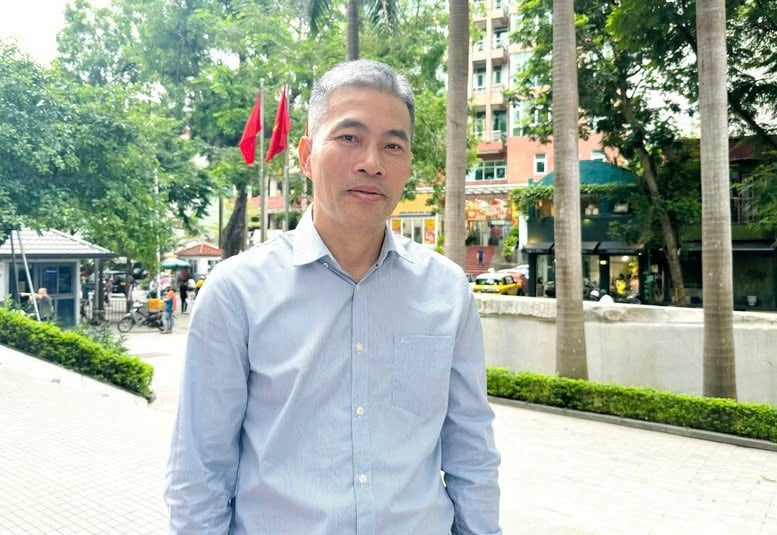
Mr. Phi Manh Thang - Director of the Legal Department, Ministry of Ethnic Minorities and Religions - Photo: VGP/Son Hao
First, regarding administrative procedures after decentralization
Decree No. 124/2025/ND-CP is a strong step forward in administrative procedure reform. Accordingly, the Ministry of Ethnic Minorities and Religions has cut 78/108 administrative procedures, reaching a rate of 72.2%, far exceeding the minimum target of 30% set by the Government . This is accompanied by clear decentralization and delegation between the provincial and communal levels.
However, some localities are concerned that such large cuts will lead to lax management?
Mr. Phi Manh Thang affirmed: "There is absolutely no loose management. The Ministry and the Departments still have full functions of inspection and supervision, both regular, ad hoc and periodic. Therefore, management work is not only not loose but also strengthened."
Decentralization and simplification of procedures do not mean reducing responsibility, but on the contrary, increasing initiative and transparency in implementing state management. This is the general spirit in current administrative reform: reducing procedures, reducing intermediaries, but increasing responsibility and efficiency.
Mr. Phi Manh Thang added that regarding the implementation of administrative procedures after the transfer from district level to commune level, there will be 3 specific situations.
In the first case, the dossier that is being processed at the district level will be transferred to the commune level for further processing according to authority. In the second case, the dossier has been processed and has a deadline. When the deadline expires, the organization or individual must redo the procedure with the commune level. In the third case, the dossier has been processed and has no deadline, it will remain valid and will not need to be redone.
This contributes to ensuring continuity in administrative management, while clearly defining new authority, helping people and organizations not to be interrupted when exercising their rights and obligations related to religion, beliefs or ethnic affairs.
Second, regarding the application of the law
Localities are concerned that the provisions in Decree 124/2025/ND-CP have some points that are inconsistent with other legal documents such as the Law on Belief and Religion or Decrees such as 95, 127, 05...
Mr. Phi Manh Thang explained that according to Resolution 190/2025/QH15 (effective from February 19, 2025) and the Law on Organization of Local Government, during the implementation phase of the two-level government model, the Government has the right to issue legal documents to adjust and re-regulate other contents of the law. This special application period lasts until March 1, 2027.
For example, the contents of the current Law on Belief and Religion are stipulated as (A), but Decree No. 124/2025/ND-CP stipulates as (B), which is not against the law. This reflects the proactive adaptation in the legal system, in line with the requirements of innovation in the administrative apparatus organization model in the current period.
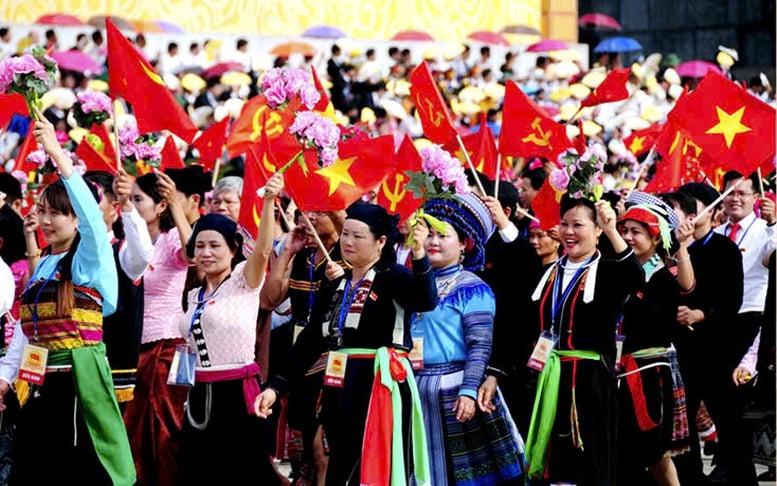
By March 1, 2027 at the latest, documents related to decentralization according to the 2-level local government model must be completed in the form of amendments, supplements, replacements or new issuances.
Third, the position and role of professional agencies in the new context
Local authorities have commented that currently, according to the provisions of some current legal documents, tasks are assigned to specialized agencies (formerly the Ethnic Minorities Committee and the Religious Affairs Committee) to assist the provincial People's Committee. However, Decree No. 124/2025/ND-CP assigns authority, one is to the provincial level, two is to the commune level, and not to specialized agencies.
Regarding this, Mr. Phi Manh Thang explained that Decree No. 124/2025/ND-CP is being implemented in accordance with the provisions of the Law on Organization of Local Government. In which, it is stipulated that central agencies only decentralize and delegate power to local governments. But local governments now have only two levels: one is decentralization to the provincial level, the other is decentralization to the commune level, and no decentralization or delegation of power to specialized agencies.
The Law on Organization of Local Government also has a provision that assigns local authorities or heads of local authorities the responsibility to decentralize and re-delegate to specialized agencies to perform a number of tasks and powers that are currently assigned to the People's Committee or Chairman of the Provincial People's Committee.
Mr. Thang also suggested that provinces and cities learn from the experiences of two localities, Thanh Hoa and Cao Bang . After Decree No. 124/2025/ND-CP was issued, the Chairmen of the People's Committees of the two provinces issued decisions to decentralize and delegate authority to the Department of Ethnic Minorities and Religions to perform a number of tasks under the authority of the Provincial People's Committees as stipulated in Decree No. 124/2025/ND-CP.
New model – New opportunities in ethnic, belief and religious management
Decree 124/2025/ND-CP is not simply an administrative guidance document, but an important breakthrough in the process of building a streamlined, efficient, closer to the people and more practical local government model.
The three groups of issues that many localities are still concerned about show that the transition process is taking place with many challenges, but at the same time, it also opens up many opportunities for localities to be more autonomous, more flexible and more proactive in ethnic, belief and religious work.
According to the roadmap, by March 1, 2027, all relevant documents in decentralized areas must be revised, supplemented, replaced or newly issued. Legal unification and clear identification of the roles of levels and sectors are key factors for the two-level government model to operate effectively, bringing practical benefits to people and religious communities nationwide.
Son Hao
Source: https://baochinhphu.vn/chinh-quyen-dia-phuong-2-cap-lam-ro-3-van-de-ve-nghi-dinh-124-102250821084831391.htm



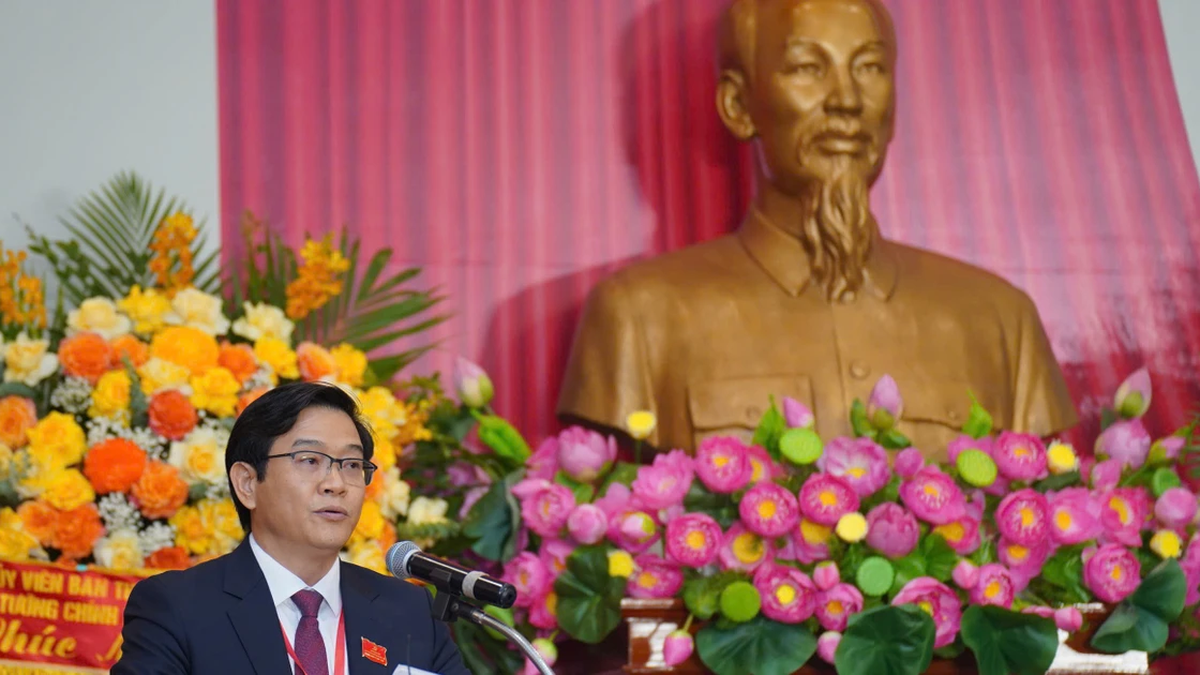
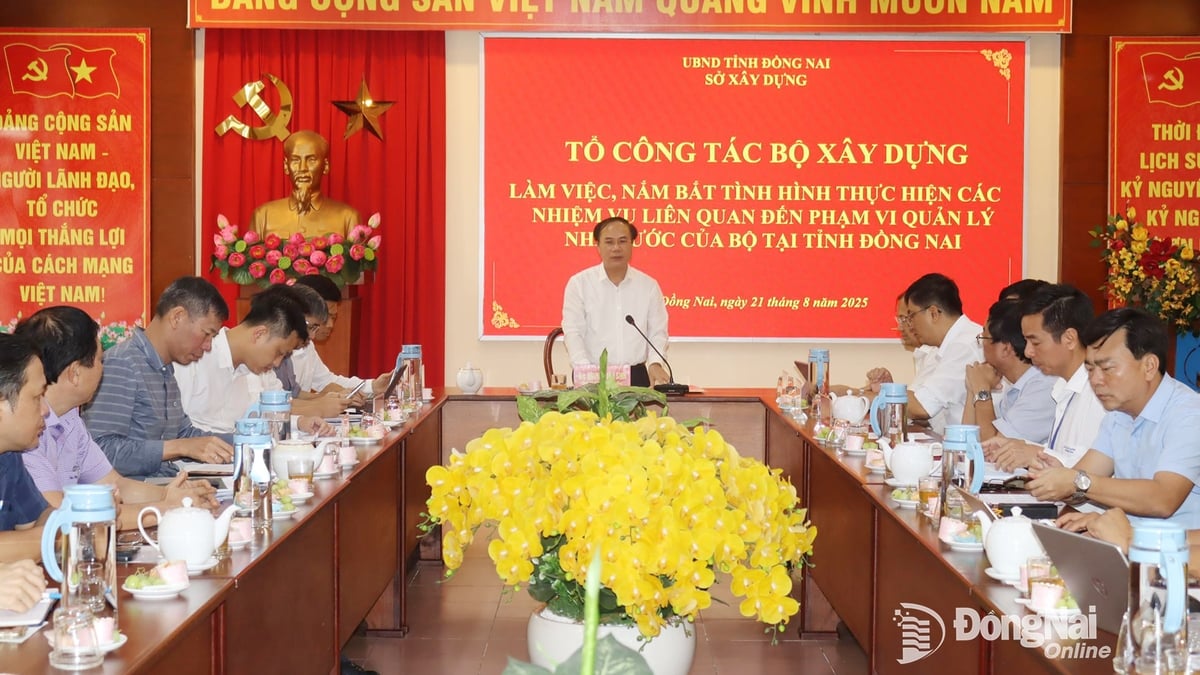
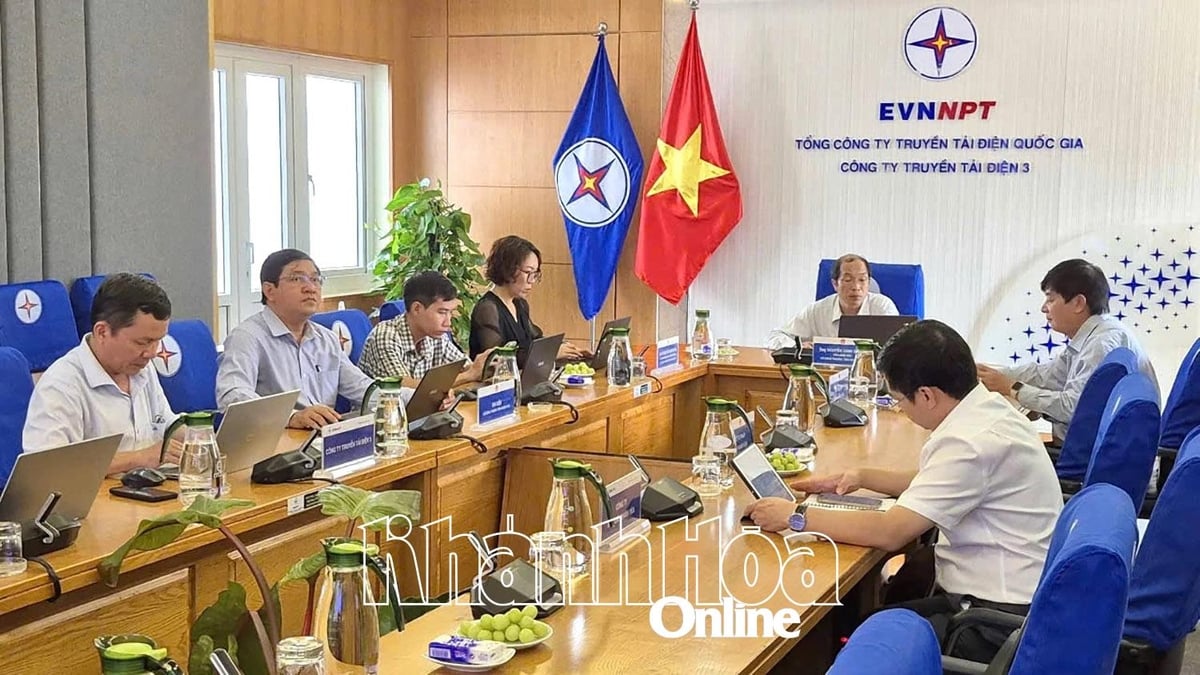



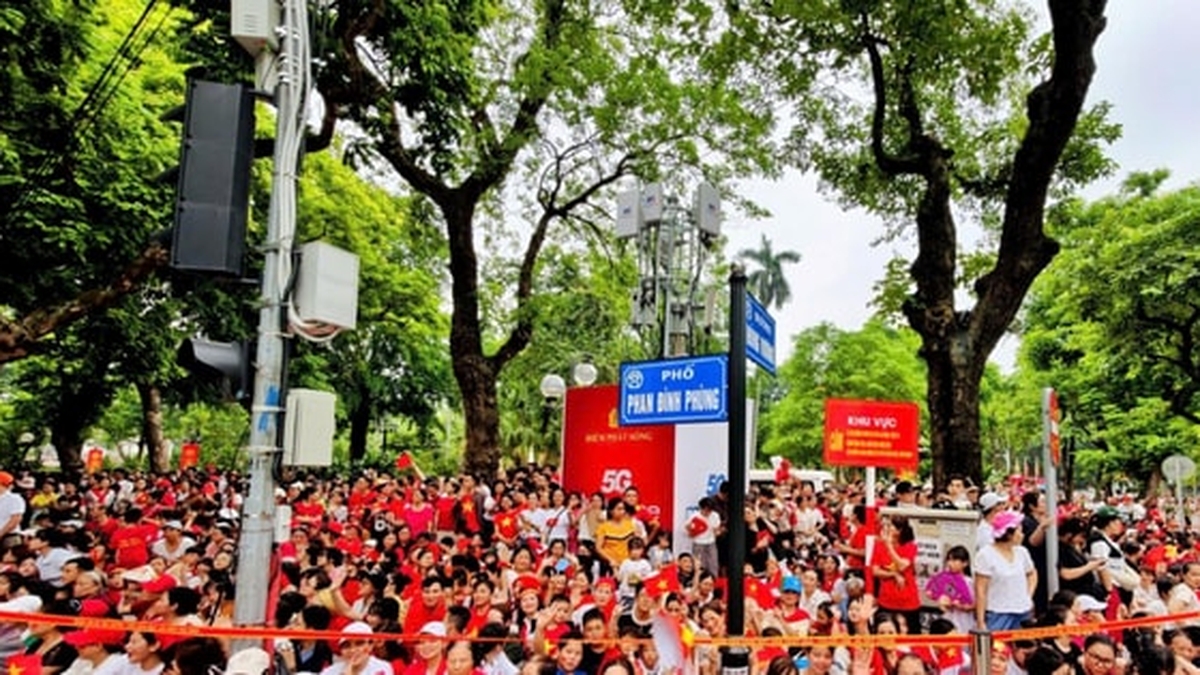
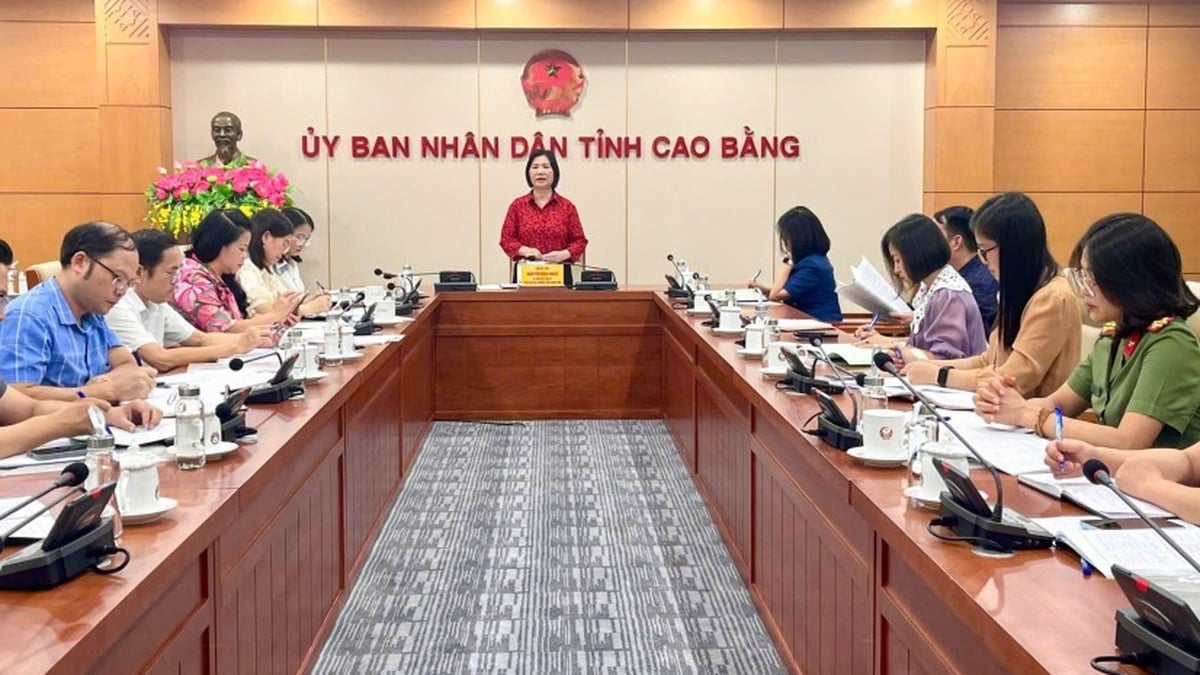
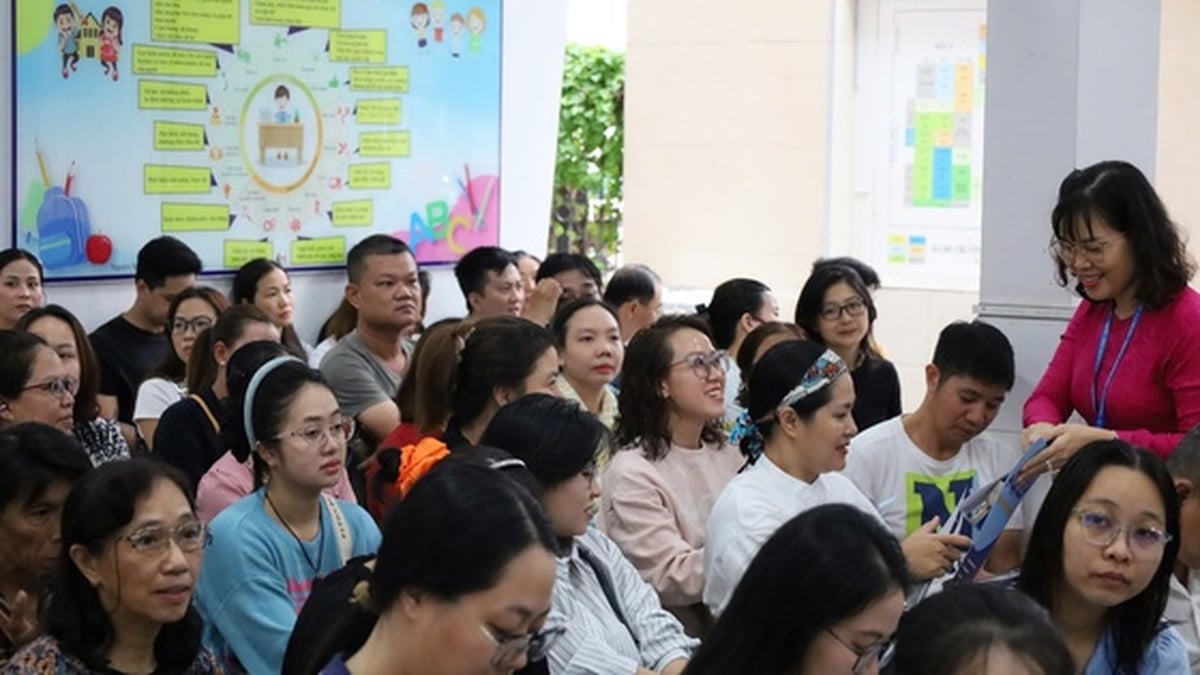
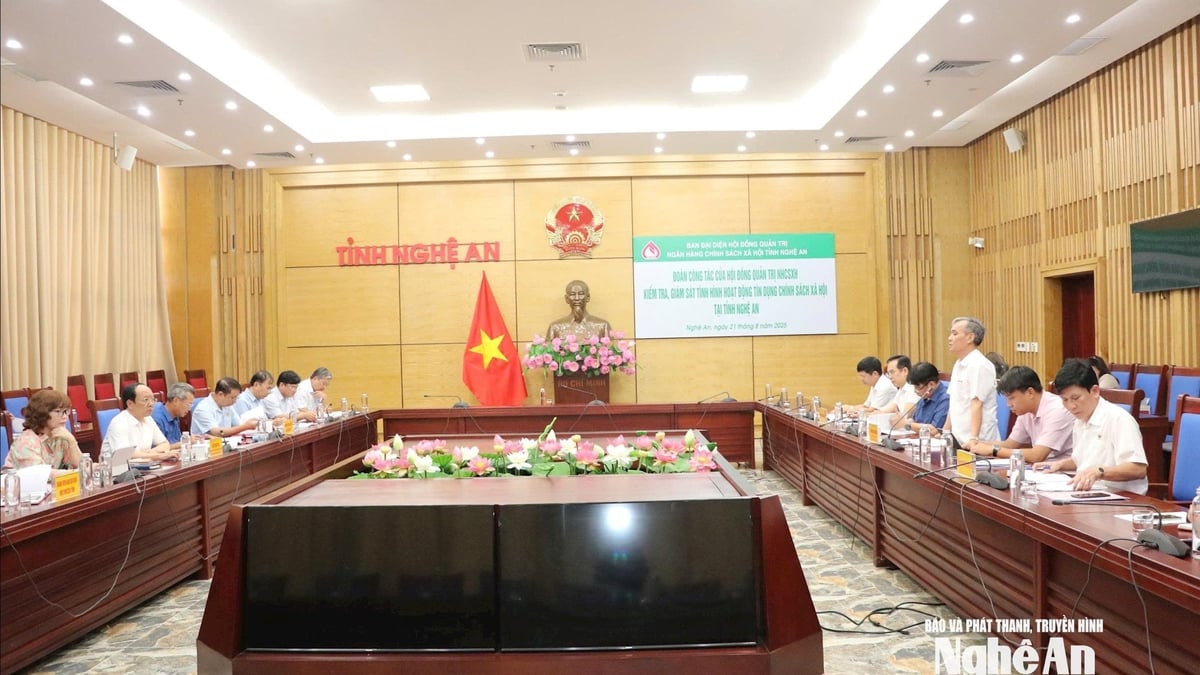











![[Photo] Politburo works with Standing Committees of Lang Son and Bac Ninh Provincial Party Committees](https://vphoto.vietnam.vn/thumb/1200x675/vietnam/resource/IMAGE/2025/8/20/0666629afb39421d8e1bd8922a0537e6)


![[Photo] An Phu intersection project connecting Ho Chi Minh City-Long Thanh-Dau Giay expressway behind schedule](https://vphoto.vietnam.vn/thumb/1200x675/vietnam/resource/IMAGE/2025/8/21/1ad80e9dd8944150bb72e6c49ecc7e08)

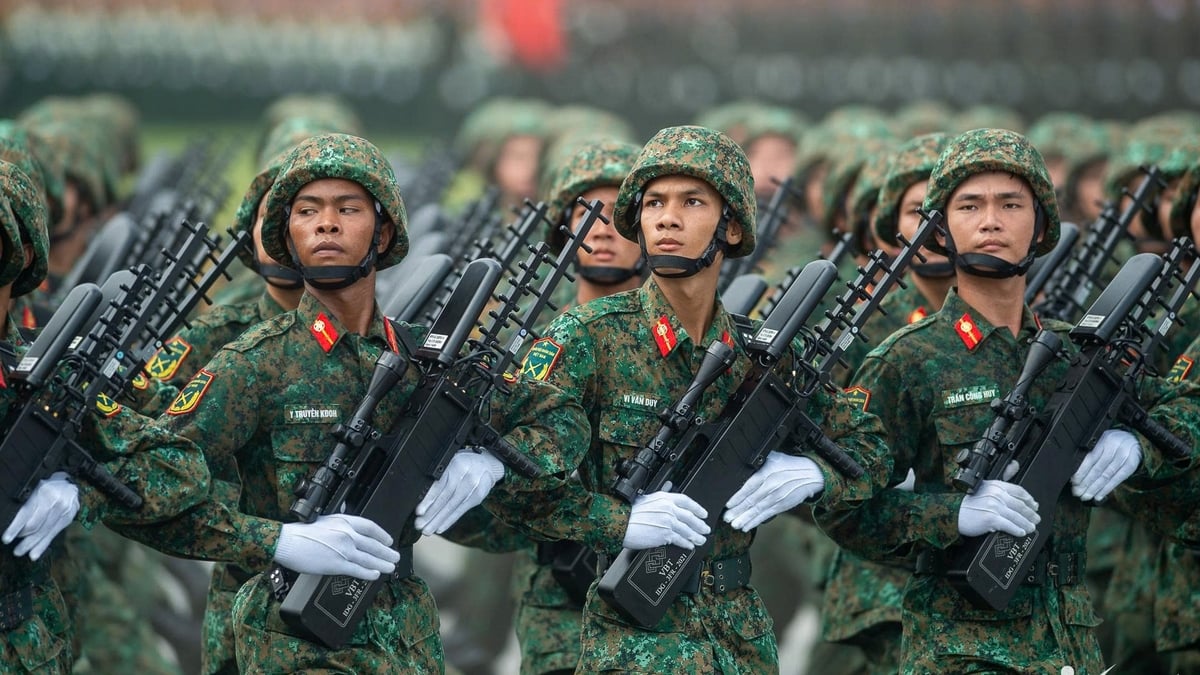

![[Photo] Prime Minister Pham Minh Chinh receives Australian Foreign Minister Penny Wong](https://vphoto.vietnam.vn/thumb/1200x675/vietnam/resource/IMAGE/2025/8/20/f5d413a946444bd2be288d6b700afc33)




















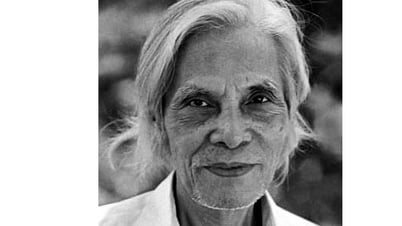











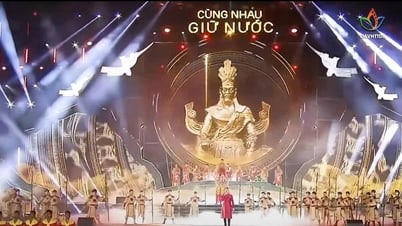




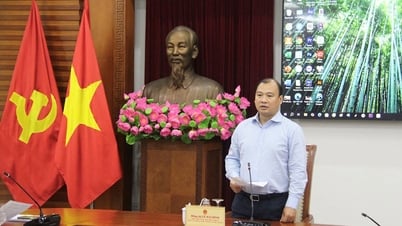









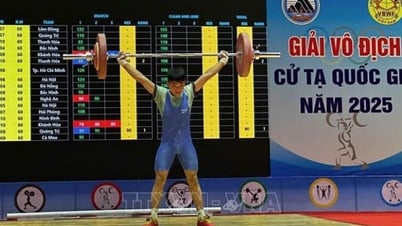























Comment (0)